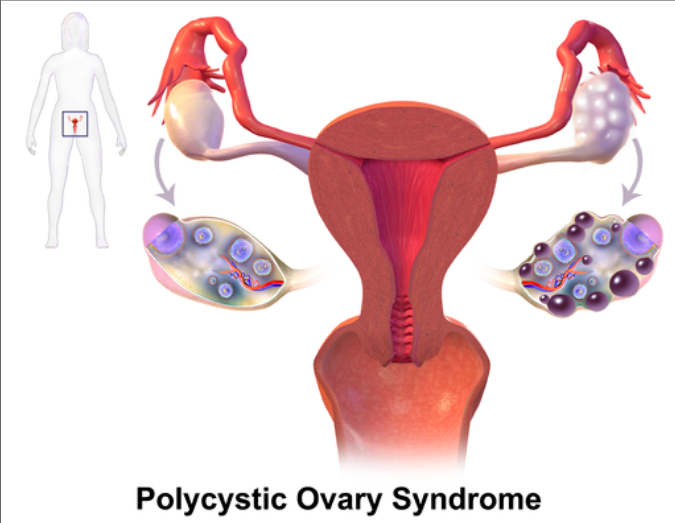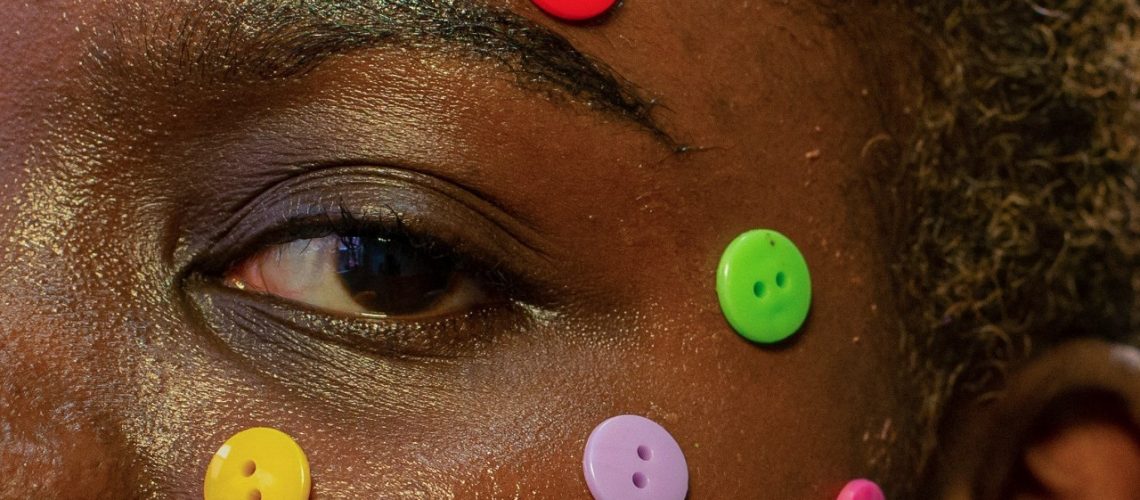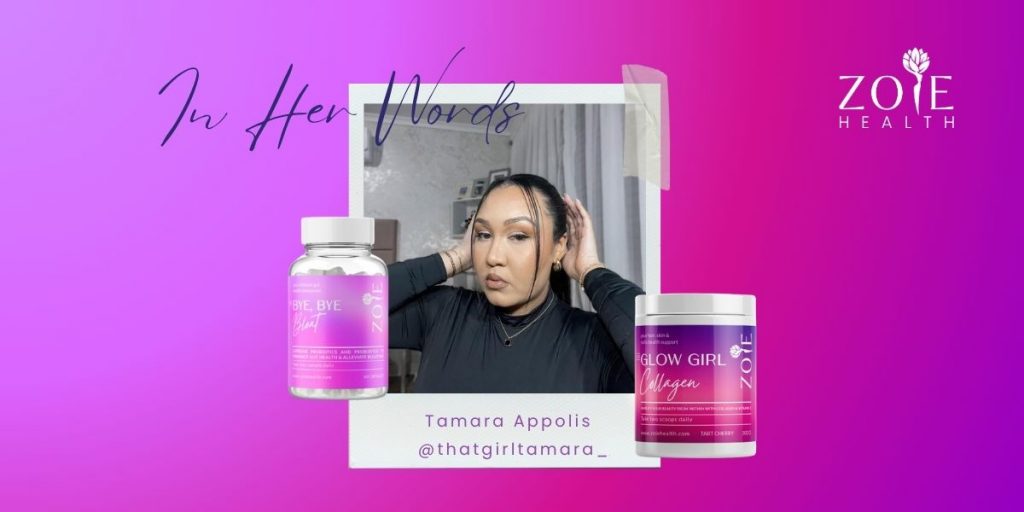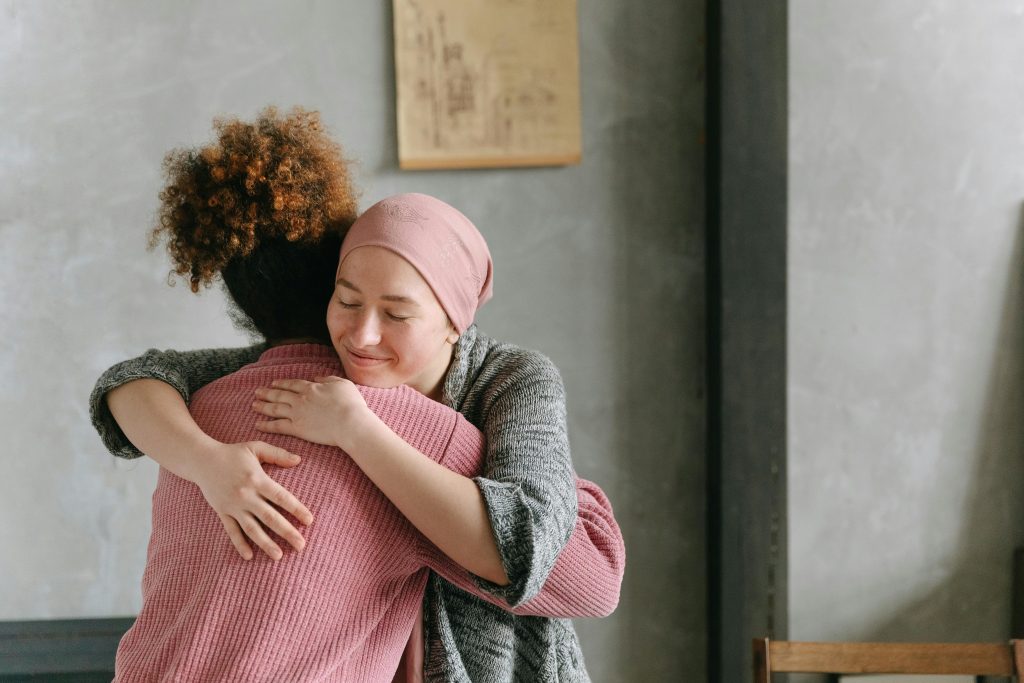Anyone else feel like this lesson was missing at school? Somehow, the idea that sometimes periods don’t happen every month (and you’re not pregnant!) was completely glossed over. And yet, so many of us are going through just that because of PCOS.
The hormonal disorder can be debilitating, and it’s not spoken about nearly enough, so you may not know you have it. Here, the most common symptoms of PCOS – and what to do if you’ve got it.
What is PCOS?
The full name is Polycystic Ovarian Syndrome, and it’s a hormonal disorder that affects a good number of things in your body. But scientists still aren’t sure what causes PCOS, other than evidence showing it’s linked to genetics, and an increased number of male hormones, called androgens.
The name clues you in on what’s going on: poly, meaning many, and cysts, small, (painful!) liquid-filled sacs inside a woman’s ovary.

What are the PCOS Symptoms?
Infrequent periods, coupled with a very late period that lasts very long is one dead give-away for the syndrome. Hair loss, unexplained acne and an increase in body hair are more symptoms. Weight gain is heavily associated with the condition, sometimes as a trigger and sometimes weight loss becomes difficult because of the disorder.
PCOS Treatment
Doctors could prescribe hormonal contraception like the Pill, since it helps regulate hormone levels, along with testosterone, the hormone that causes more body hair and acne, among others. In other cases, weight loss is needed, and in extreme cases, surgery is necessary. Remember: everybody is different, and you and your doctor should be able to find the right treatment for you.
Sources: Mayo Clinic









